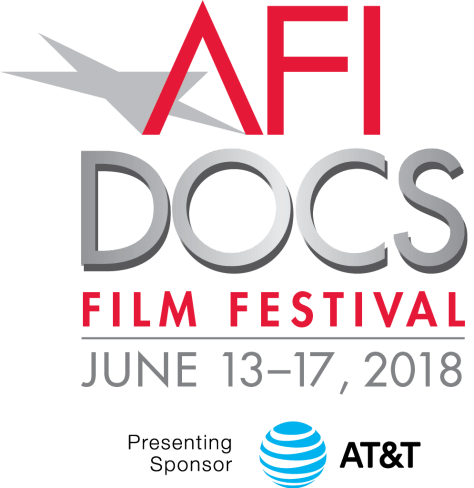Posted by Larry Gleeson
Following a team of New York slam poets as they prepare to compete in the National Poetry Slam during the charged summer of 2016, DON’T BE NICE shows the value of a team in developing, workshopping and refining a poem before it is ready for competition.
Featuring a diverse group of poets — each mining their feelings about race, sexuality, gender and popular culture, and digging deep from painful personal experiences — this exhilarating film demonstrates how collaboration and communication between artists can allow them to better understand who they are and what they want to say.
AFI spoke to director Max Powers about the film, which plays AFI DOCS on Friday, June 15, at 1:15 p.m. and 8:45 p.m. Get tickets here.
AFI: What led you to pursue documentary filmmaking?
MP: My passion for storytelling and fascination with human connection is at the heart of my interest in documentary. Documentaries deal with the real world and tell vital, urgent stories. This pursuit is especially important now given the massive amount of content available. I believe that creating films that expose audiences to new experiences, concepts and people can have an important and lasting effect on how they view the world.
AFI: Why inspired you to tell this story?
MP: The Poets. Coming into this film, I had no real experience with slam poetry but was immediately blown away by the brilliant, vulnerable and powerful poems being shared at Bowery Poetry. I knew there must be a unique, deeply personal process behind the work. Coming from a sports film background, the fact that slam had scores and that the poets formed teams to travel to a national competition appealed to me as a storyteller.

AFI: How did you find the subjects in your film?
MP: Poetry slam teams are almost always chosen through a slam competition process lasting weeks or months. Bowery Poetry was the same. I began filming at the club as over one hundred of poets came through to compete for a spot on the team. Through that process, I met many potential Bowery team members, but knew I would only end up concentrating on the winning five. Ultimately, it was out of my hands and I found out when the audience found out. Ashley August, one of the Bowery team members, found Lauren Whitehead and Jon Sands, the two coaches and icons of the poetry community. In this way, the entire slam community contributed to picking the subjects of the film. This turned out to be a great gift.
AFI: What was a particular obstacle you faced while making the film?
MP: One huge challenge was bringing the poetry to life onscreen. At a slam, you have the power of a poet’s actual presence, and an enthusiastic crowd reacting spontaneously. Our team filmed dozens and dozens of slams, but it was difficult to approach the visceral experience of seeing a slam live. We decided to use other cinematic tools such as dance, direct address and music-video-style elements to create a poetry world for the film. Additionally, we concentrated on the creative development of the poems so when you do see it performed onstage in the film, you understand where it is coming from — something a live audience usually does not have access to.

AFI: What do you want audiences to walk away with after screening your film?
MP: I want audiences to walk away feeling braver. The subjects in the film are wildly vulnerable, and the creation of their art depends on trust and giving themselves completely to the process. Watching their bravery had a profound effect on me while filming with the team, and it was one of the key things I wanted to convey in the film. Hopefully audience members can be inspired to take a leap of faith and trust themselves to speak their truth, whether that be in the form of a poem, or to their friends and loved ones. I also want the audience to discover something about themselves through the poet’s words. When the poets speak truth to power, I believe they speak for everyone listening.
AFI: Why is Washington, DC, a valuable location to screen your film?
MP: Washington, DC, has sharp, informed audiences that I hope will receive the film well and engage strongly with it. The vast, multicultural demographic that is DC is a fertile bed for important and dynamic dialogue surrounding the political and social issues that the poems explore in the film.
AFI: Why are documentary films important today?
MP: Documentaries provide a wonderful tool for building empathy. They allow access to ways of thinking that can be vastly different than your own. Today, with the staggering amount of content and re-sharable opinions available about current events and culture, you are able to simply choose what you want to hear, and this content can often lack depth. Documentarians are charged with telling audiences a story that digs deeper, examines an experience that you might not agree with and brings you face to face with a universal humanity that you can’t help but feel a connection with.

(Source:blog.afi.com)


